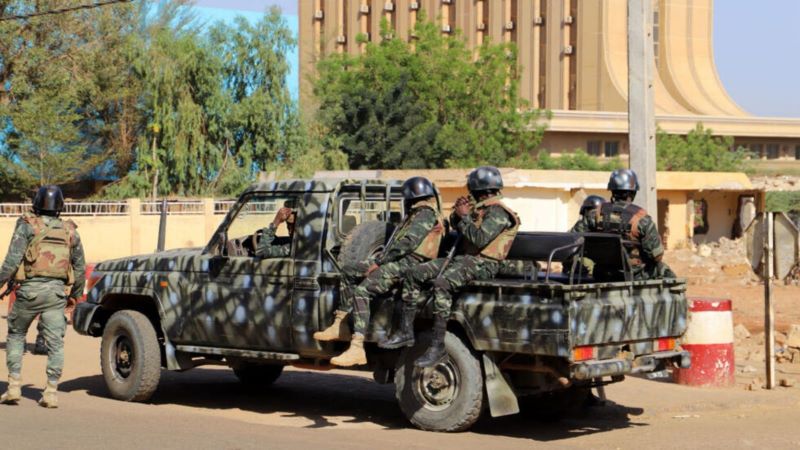

In 2024, Africa faced numerous episodes of political instability, with coups, prolonged transitions, and armed conflicts affecting several nations.
However daunting these challenges seem to be, they underscore deeply rooted issues such as poor governance, contested elections, overextension of military power, and external influences.
At the same time, efforts to foster resilience are visible and notable through regional organizations like the African Union (AU) and the Economic Community of West African States (ECOWAS) which have taken bold steps to mediate conflicts, impose sanctions, and demand transitions back to civilian rule.
National governments and civil society groups are also playing critical roles in advocating for democratic principles, peacebuilding, and inclusive governance.
The continent’s potential for progress is reflected in nations like Ghana and Senegal, which remain beacons of democratic stability, even as their surrounding neighbours struggle with unrest.
As the year draws to a close, the focus remains on countries like Niger, Sudan, South Sudan, Gabon, and others that experienced major political upheavals, showing both the complexities of Africa’s political landscape and the resilience of its people.
Below is an analysis of these key instabilities that transpired in 2024.
Niger
A continued fallout following the 2023 coup; Niger’s
political crisis, triggered by the 2023 coup attempt, extended into 2024 with
significant regional implications.
After ousting President Mohamed Bazoum, the military government faced strong opposition from ECOWAS, which imposed sanctions and threatened intervention.
However, Niger’s withdrawal from ECOWAS early in 2024, alongside Mali and Burkina Faso, marked a major shift in regional geopolitics.
Despite international pressure, the junta maintained control, delaying efforts to restore civilian governance and exacerbating economic hardships for its citizens.
Sudan
Sudan’s civil war between the Sudanese Armed Forces (SAF) and the paramilitary Rapid Support Forces (RSF) entered its second year in 2024.
The conflict has displaced over 7 million people and killed an estimated 10,000, with no significant peace efforts gaining traction.
International mediators, including the United Nations, struggled to bring warring factions to the table as humanitarian conditions worsened.
This prolonged instability has turned Sudan into a global crisis, overshadowed only by other international conflicts.
Gabon
The coup in Gabon, which ousted President Ali Bongo Ondimba in late 2023, cast a long shadow over 2024.
The military junta, led by General Brice Oligui Nguema, promised reforms including a new constitution and electoral code but delayed plans for democratic elections until at least 2025.
This power vacuum has raised concerns about Gabon’s long-term stability.
The country, which was relatively stable before the coup, now faces challenges in rebuilding trust in governance.
Burkina Faso
Burkina Faso saw its planned transition to civilian rule derailed in 2024.
The military junta led by Captain Ibrahim Traoré postponed elections initially scheduled for July, citing security concerns.
This delay prolonged the country's cycle of political instability, marked by frequent changes in leadership and ongoing threats from extremist groups in the Sahel.
Ethiopia
Although Ethiopia avoided a coup in 2024, tensions flared over territorial disputes with Somalia and Somaliland.
Prime Minister Abiy Ahmed’s ambitions for greater regional influence led to diplomatic clashes, raising fears of renewed conflicts.
Ethiopia’s internal stability also remained fragile, with ethnic divisions and economic challenges posing persistent threats
Regional and International Actors
Africa’s regional bodies, particularly ECOWAS and the AU have been instrumental in addressing these crises.
ECOWAS has demonstrated assertiveness, imposing sanctions and threatening military intervention to deter unconstitutional changes in governance.
The African Union has also pushed for adherence to democratic principles, although its effectiveness has been questioned in light of repeated coups.
Globally, the response has been mixed.
Western nations have called for democratic reforms and provided humanitarian aid to conflict zones like Sudan, but critics argue that their policies often prioritize strategic interests over genuine stabilization efforts.










